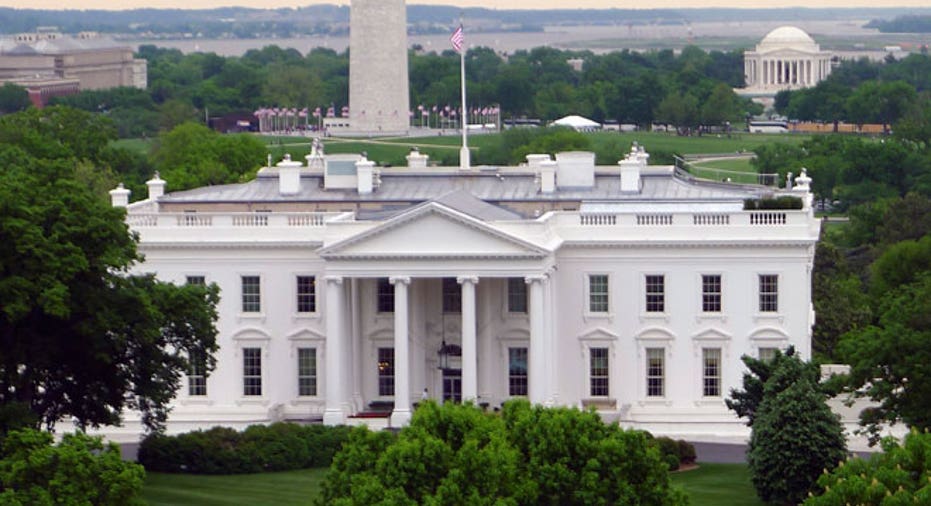Winning the Presidential Debate with Regulation

Presidential debates are where the candidates try to show the average likely voter they know what he or she wants better than the other guy. “Vote for me,” they proclaim. According to the latest Washington Post/ABC News poll, that average likely voter cares about regulation more than ever before. In the wake of a decade of rapid government growth, a record 42 percent of respondents said that overregulation is a bigger problem than free markets unduly favoring the wealthy.
In this election, voters are paying more attention than usual to the broader issue of the size and role of government. Interestingly, a growing segment of the public seems to believe that government is too big and tries to do too much. And one of the biggest vehicles for government growth is regulation. On Wednesday, President Barack Obama and Republican candidate Mitt Romney would do well to acknowledge that fact with a bit more than the usual lip service.
Regulation is a hidden tax with a trajectory pointing sharply upward. Rules flowing from energy efficiency mandates, the Dodd-Frank financial law, and the Affordable Care Act are putting ever-increasing burdens on business’ backs and consumers’ wallets.
To get a grip on overregulation, we need to determine its costs. Federal regulations—environmental, energy, financial, labor and other mandates—eat up nearly an eighth of the nation’s GDP. Our recent survey of regulations, Tip of the Costberg, finds that federal regulations cost consumers and businesses just more than $1.8 trillion annually.
At the root of the problem is Congress’ abdication of its lawmaking role—which means a loss of democratic accountability. Last year, Congress passed and the president signed 81 laws. By contrast, executive branch regulatory agencies enacted more than 3,000 regulations. Until that trend is reversed, the nation’s businesses and entrepreneurs will remain hobbled by an epidemic of regulation without representation.
So how to reverse that trend? Cost-benefit analysis, while informative, invites agencies to inflate benefits. Agency administrators have an incentive to seek more authority and bigger budgets. And for government regulators, the only proxy for “productivity” they face is how many rules they produce. Thus, it is in their best interest to “prove” that rules are beneficial in order to boost rulemaking.
Bringing the largely unaccountable regulatory state under control requires restoring congressional accountability. That in turn would require Congress to vote on every major or controversial agency rule before it takes effect. Reining in excessive delegation of power to federal agency bureaucrats would force Congress to internalize the need to demonstrate regulatory benefits, rather than merely hope that agencies calculate accurately down the road.
Regulatory cost transparency could be achieved through an annual Regulatory Transparency Report Card readily accessible to the public. This alone would do much to help voters to better hold Congress responsible for the regulatory state.
In addition, Congress and the President should establish a bipartisan, independent, and annually recurring Regulatory Reduction Commission to survey and purge existing rules. The Base Realignment and Closure Commission offers a viable model, enabling an up-or-down vote on rules to eliminate. This would also require for agencies and the Office of Management and Budget to rank rules’ effectiveness and recommend rules for elimination.
They also should develop a review and sunsetting schedule for new regulations and agencies, such as the entire chapter of the Code of Federal Regulations dealing with the Y2K computer crisis that never happened, and the Economic Development Administration, which specializes in waste rather than actual economic development.
Agencies currently only report costs for selected rules. Transparency demands they publicly disclose costs for all rules. Congress, not the agencies themselves, can then determine whether the benefits are worth those costs.
Transparency resonates with voters across the political spectrum. In short, measuring and controlling regulation can be a winning issue. It would be nice to hear one (or both!) of the candidates acknowledge as much on national television.
Wayne Crews is Vice President for Policy at the Competitive Enterprise Institute, where Ryan Young is Fellow in Regulatory Studies.



















